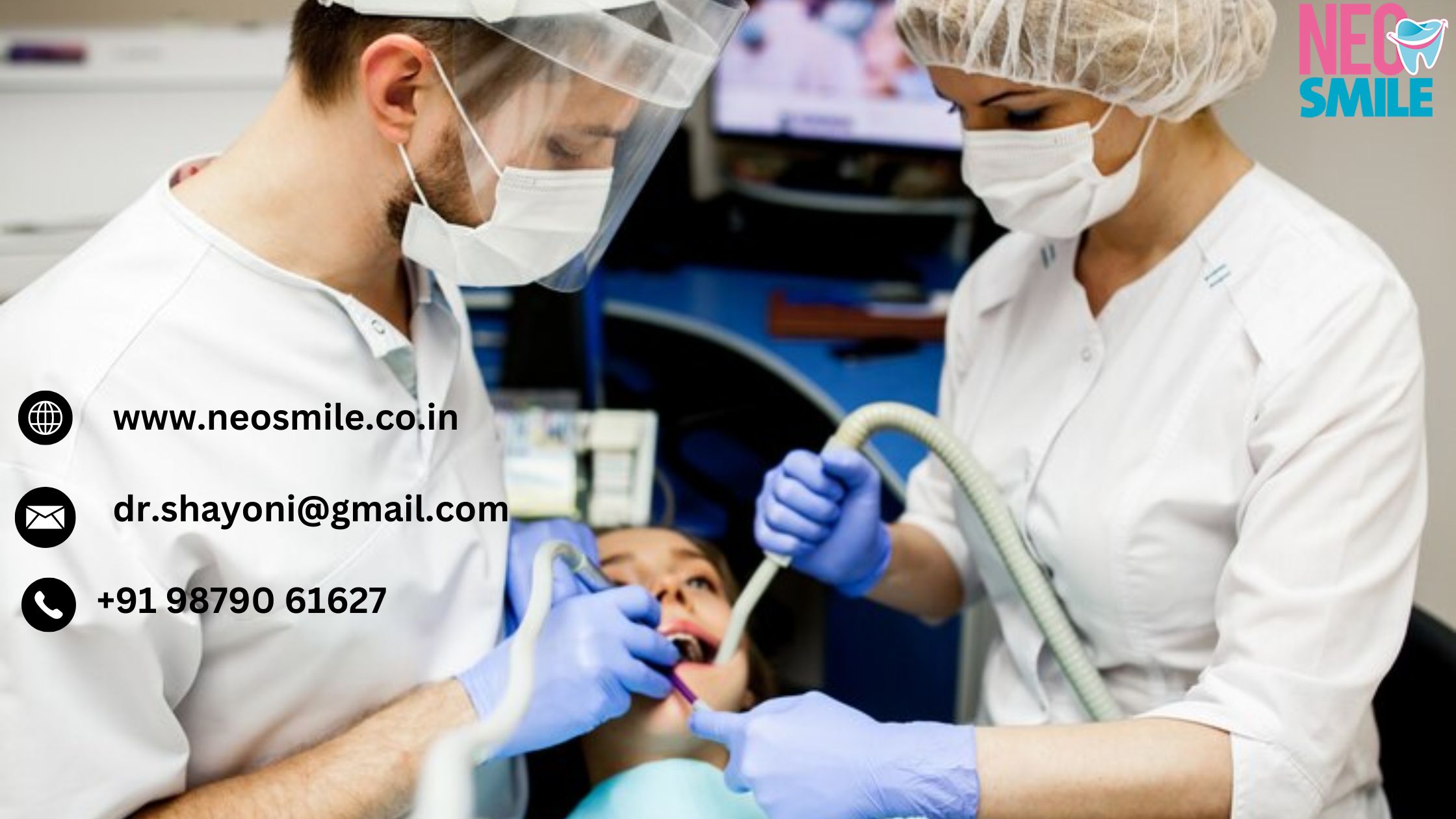Maintaining oral hygiene after getting a dental implant in Ahmedabad from expert is crucial for ensuring the longevity and success of the implants. Good oral hygiene not only promotes the overall health of your mouth but also plays a significant role in the success of dental implant procedures.
In this blog post, we will explore the importance of post-implant oral hygiene and provide valuable tips and tricks to help you care for your dental implants effectively.
Understanding Dental Implants
Dental implants are artificial tooth roots surgically positioned into the jawbone beneath the gum line. These implants provide a strong foundation for fixed or removable replacement teeth, designed to match your natural teeth. They are an excellent long-term solution for individuals who have lost teeth due to periodontal disease, an injury, or other reasons. Dental implants restore a person's smile and provide several benefits for oral health and overall well-being.
Post-Implant Oral Hygiene Practices
A. Brushing Techniques
Importance of Gentle Brushing
After getting dental implants, it's essential to practice gentle brushing to avoid damaging the implant and surrounding gum tissue. A soft-bristled toothbrush and gentle, circular motions will help keep the implant area clean without irritating it.
Recommended Toothbrush Types for Post-Implant Care
When selecting a toothbrush for post-implant care, consider using a soft-bristled brush with a small head. This toothbrush allows for better access to hard-to-reach areas and reduces the risk of damaging the implants or surrounding tissues.
Techniques to Clean Around the Implant Area
Properly cleaning around the implant area is crucial for preventing plaque buildup and maintaining oral hygiene. Brushing at a 45-degree angle to the implant with small, gentle strokes can effectively clean the area while being gentle on the surrounding tissues.
B. Flossing and Interdental Brushes
Role of Flossing in Maintaining Oral Hygiene with Dental Implants
Flossing is essential for removing food particles and plaque from between the teeth and around the implants. Using unwaxed tape or implant-specific floss can help clean these areas thoroughly without causing damage to the implant or surrounding gum tissue.
Best Practices for Using Interdental Brushes Around the Implant Sites
Interdental brushes are effective for cleaning between the teeth and around the implant sites. These brushes come in various sizes to accommodate different spaces, and using them as part of your daily oral hygiene routine can help maintain the cleanliness of the implant area.
C. Mouthwash and Antimicrobial Rinses
Benefits of Using Mouthwash After Getting Dental Implants
Incorporating mouthwash into your oral hygiene routine after receiving dental implants can help reduce plaque and prevent infection. Look for mouthwashes specifically formulated for dental implant care and that offer antimicrobial properties to promote oral health.
- Types of Antimicrobial Rinses Recommended for Post-Implant Care
Certain antimicrobial rinses are recommended for post-implant care to help maintain oral hygiene and reduce the risk of complications. Consult your dental professional to determine the most suitable antimicrobial rinse for your needs.
D. Regular Dental Check-ups
Regular dental check-ups are crucial for monitoring the health and stability of your dental implants. Professional evaluations and cleanings can help prevent potential issues and ensure the long-term success of your implants. Your dentist will advise you on the frequency of follow-up appointments based on your needs.
Dietary Considerations After Dental Implant Surgery
After a dental implant in Ahmedabad surgery, it's essential to follow a specific diet to promote healing and support the long-term success of the implants. Avoiding hard, sticky, or crunchy foods can prevent implant damage and aid healing. Instead, focus on a diet rich in nutrient-dense foods supporting oral health and healing.
Potential Complications and Signs to Watch For
While maintaining proper oral hygiene is essential, it's also important to be aware of potential complications that may arise after dental implants. Common issues related to oral hygiene after receiving implants include inflammation, infection, and peri-implantitis. Awareness of warning signs such as persistent pain, swelling, or bleeding can indicate a need for professional evaluation and treatment.
Conclusion
In conclusion, maintaining oral hygiene after getting dental implants is crucial for preserving the longevity and success of your new smile. By implementing the tips and techniques discussed in this blog post, you can support the health of your dental implants and enjoy the benefits of a confident and healthy smile. Remember to prioritise gentle care, regular dental check-ups from doctor famous for dental implants in Ahmedabad, and a well-balanced diet to ensure your dental implants' ongoing health and stability. Embracing these practices will contribute to your oral health and well-being for years.

